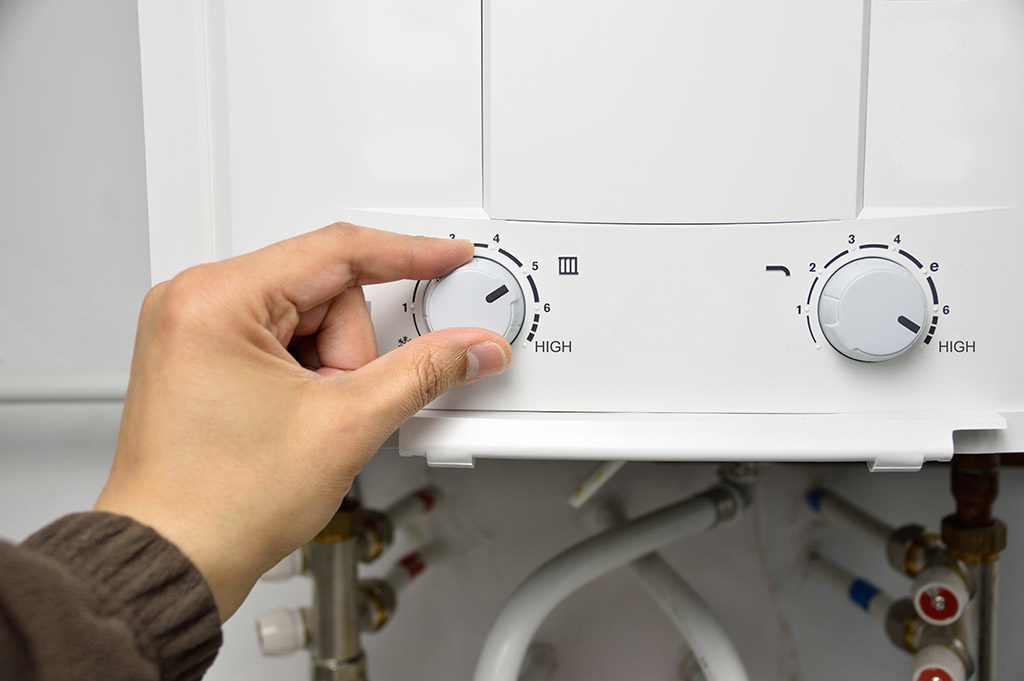Ways to Address the Common Water Heater Emergency Challenges
Ways to Address the Common Water Heater Emergency Challenges
Blog Article
How do you really feel in regards to The Importance of Water Heater Maintenance?

A water heater is just one of one of the most crucial fundamental home appliances that can be found in a home. With hot water heater, you don't require to go through the stress of home heating water by hand every single time there is a need to take a bath, wash, or the recipes. However, there is always a possibility that your water heater would certainly act up similar to a lot of mechanical devices.
It is necessary to note any little malfunction and tackle it swiftly before points get out of hand. A lot of times, your hot water heater starts to malfunction when there is an accumulation of sediments as a result of constant usage. As a preventative measure, routine flushing of your hot water heater is advised to avoid debris buildup and stop practical failure.
Usual hot water heater emergencies and also just how to deal with them
Leaking water heater container.
A dripping tank could be a sign of rust. It can cause damages to the floor, wall surface and also electrical gadgets around it. You can also be at threat of having your apartment flooded. In this situation, you must turn off your water heater, allow it to cool off, and carefully search for the source of the issue. At times, all you need to do is to tighten up a couple of screws or pipeline connections in cases of small leaks. But if this doesn't work and the leak continues, you could need to employ the solutions of a service technician for an ideal substitute.
Varying water temperature level.
Your water heating unit can start creating water of various temperature levels typically ice cool or scalding warm. There could be a demand to replace either the thermostat or the home heating device of your water heating unit.
Inadequate warm water
Taking care of an inadequate supply of hot water can be irritating. It might be that the water heater can't support the warm water demand for your home. To take care of this issue, you might attempt to adjust your heating unit's temperature dial and wait on a few mins. You can ask for the aid of a specialist plumber if the issue persists. Conversely, you might upgrade your hot water heater to one with a larger ability.
Stained or stinky water
When this occurs, you require to understand if the problem is from the storage tank or the water source. If there is no funny smell when you run cold water, after that you are particular that it is your hot water heater that is damaged. The stinky water can be brought on by corrosion or the build-up of bacteria or debris in the hot water heater tank. As soon as you notice this, you can attempt flushing out your tank or changing the anode if the trouble persists. The feature of the anode is to clean out germs from your storage tank. Since the anode pole replacement requires a comprehensive expertise of your water heater, you will require the help of a professional.
Final thought
Some homeowners ignore little warning as well as minor faults in their hot water heater system. This only causes further damage as well as a feasible full malfunction of your home appliance. You must take care of your water heater mistakes as quickly as they come up to stay clear of more expenses and also unnecessary emergency problems.
With water heaters, you do not need to go through the anxiety of heating water manually every time there is a demand to take a bath, do the washing, or the dishes. Your water heating system might begin generating water of various temperature levels usually ice cool or scalding warm. It might be that the water heating system can not sustain the hot water need for your apartment. If there is no amusing scent when you run chilly water, then you are particular that it is your water heating unit that is damaged. The stinky water can be caused by rust or the buildup of germs or debris in the water heater tank.
Water Heater Burst: Why This Happens And What To Do Next
Water Heater Explosion Warning Signs
Since storage water heaters are made of metal and store large volumes of heated water, they carry an increased risk of leaking or even exploding as they begin to rust at the fittings and seams over time. If the thermostat controlling the water temperature within the tank is faulty, or if mineral buildup inside the water heater prevents the thermostat from sensing the water’s temperature correctly, the water could become overheated. This will expand its volume within the tank, causing it to press at the tank’s fittings and seams. If these fittings and seams are rusted or corroded, the pressure could result in a leak or even an explosion.
Here are some risk factors and warning signs of an increased risk of water heater leak or explosion:
Your water heater is more than 10 years old. Your water heater makes clanking, banging or rumbling noises as it heats up, indicating that sediment has built up and hardened inside the tank. There is visible rust on the outside of the water heater, especially located at the pipe fittings or the seams that run down the tank. There is rusty water coming from your water heater, indicating that there may be rust building up inside. Your water heater is leaking, which could indicate either a crack somewhere in the tank or a malfunctioning temperature-and-pressure (T&P) relief valve. What To Do When Water Heater Leaks
If you find water dripping or seeping out of your water heater, or pooling around it, it means your water heater is leaking. If you find a leak, it may be best to call a plumbing professional to diagnose the problem and determine how best to handle it. If you choose to tackle it on your own, there are a few things you can do.
TURN OFF THE POWER
Next, shut off the power to the hot water tank at your home’s electrical breaker box. If you don’t shut off the power, the heating elements within the tank could continue to stay hot, which could pose a fire risk.
If you have a gas-powered water heater, you’ll also need to shut off the gas line leading into the tank.
FIND THE LEAK
Now it’s time to determine where the leak is coming from. Likely locations are the T&P valve, the drain valve or one of the pipes or fittings that feed into the top of the tank. If you see any rust or corrosion on the outside of your water heater’s tank, pipes or fittings, these could also be the source of the leak.
REPAIR THE LEAK
Once you determine the source of your water heater leak, you’ll have a better idea of what steps you need to take to fix the problem. It may be a simple fix—such as using a wrench to tighten fittings or replacing the T&P valve—but it may be something more complicated. You may even need to drain the tank, remove the water heater and install a new one.
https://www.abchomeandcommercial.com/blog/water-heater-burst/

I came across that review on The Importance of Water Heater Maintenance while doing research the internet. Liked our post? Please share it. Let others find it. I am grateful for your time. Don't hesitate to visit our website back soon.
We're your answer! Report this page